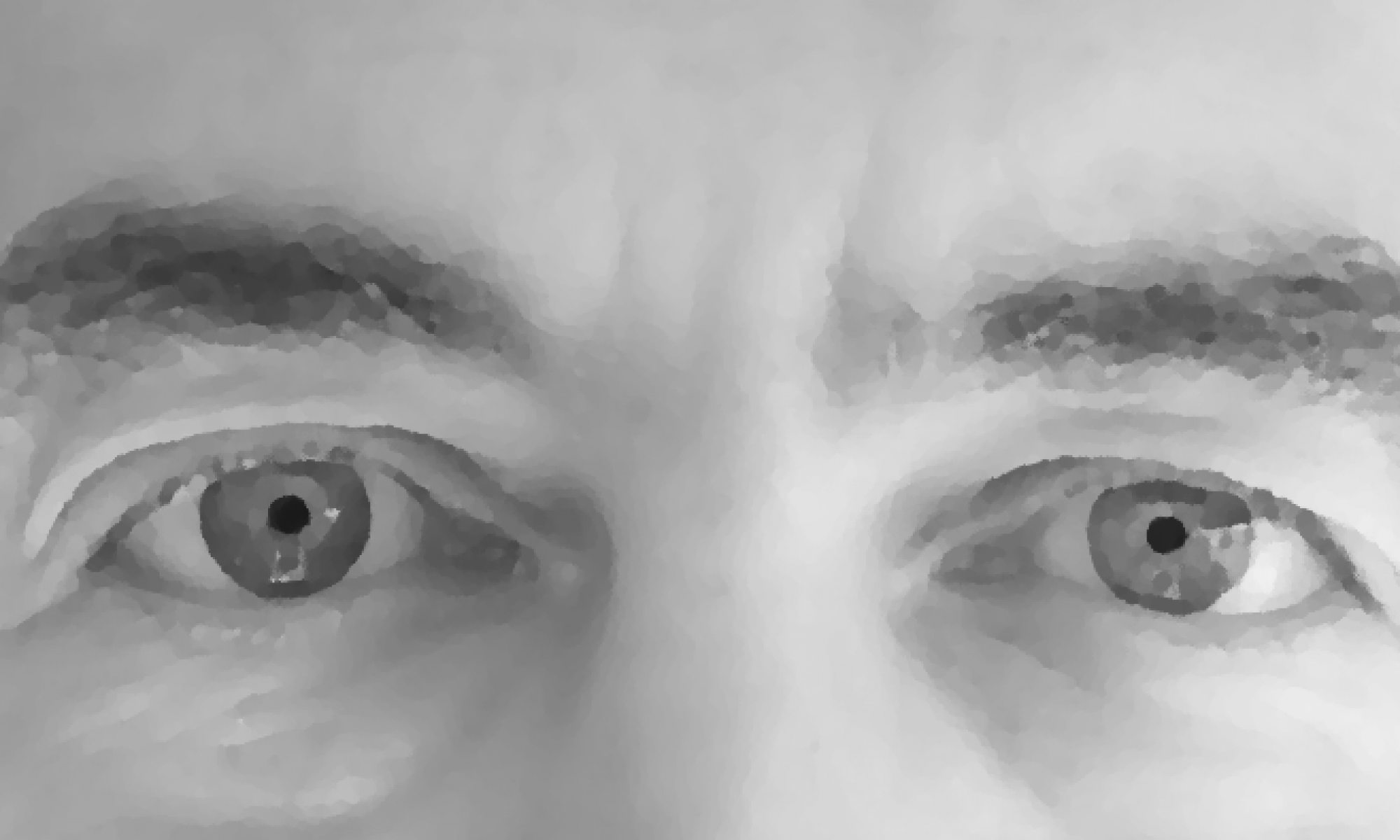Well, here’s a bit of surprise. Rather than waiting for the massive manhunt that was surely underway to track him down to find him, the guy behind last week’s incredible whistleblowing concerning the NSA’s massive surveillance capabilities has outed himself as Edward Snowden, a 29-year-old who used to work for the CIA, and has been working as a contractor for the NSA for a while:
The individual responsible for one of the most significant leaks in US political history is Edward Snowden, a 29-year-old former technical assistant for the CIA and current employee of the defence contractor Booz Allen Hamilton. Snowden has been working at the National Security Agency for the last four years as an employee of various outside contractors, including Booz Allen and Dell.
The Guardian, after several days of interviews, is revealing his identity at his request. From the moment he decided to disclose numerous top-secret documents to the public, he was determined not to opt for the protection of anonymity. “I have no intention of hiding who I am because I know I have done nothing wrong,” he said.
The Guardian piece explains what he did and why (“My sole motive is to inform the public as to that which is done in their name and that which is done against them”). It also notes that he feels that his case is one of pure whistleblowing, distinguished from, say, Bradley Manning, in that he carefully chose which documents to reveal for the sole purpose of exposing a surveillance system that he (correctly) blew the whistle on a surveillance infrastructure that appears to go well beyond what the public believed was appropriate or within the bounds of the 4th Amendment.
The companion interview is probably even more interesting than the initial Guardian article.
Q: Why did you decide to become a whistleblower?
A: “The NSA has built an infrastructure that allows it to intercept almost everything. With this capability, the vast majority of human communications are automatically ingested without targeting. If I wanted to see your emails or your wife’s phone, all I have to do is use intercepts. I can get your emails, passwords, phone records, credit cards.
“I don’t want to live in a society that does these sort of things … I do not want to live in a world where everything I do and say is recorded. That is not something I am willing to support or live under.”
Snowden left Hawaii, recently, where he lived to travel to Hong Kong, where he’s been hiding out in a hotel. He appears to be fully aware that a lot of people are going to find him and that “nothing good” is about to happen to him, but he felt that he couldn’t stay silent.
Q: What do the leaked documents reveal?
A: “That the NSA routinely lies in response to congressional inquiries about the scope of surveillance in America. I believe that when [senator Ron] Wyden and [senator Mark] Udall asked about the scale of this, they [the NSA] said it did not have the tools to provide an answer. We do have the tools and I have maps showing where people have been scrutinised most. We collect more digital communications from America than we do from the Russians.”
There is some additional scary stuff about the culture within the intelligence community concerning how they feel about due process and the Constitution. It’s been widely reported that a foreign affairs analyst overheard some intelligence officials in an airport lounge discussing how the leaker and the reporters involved in these leaks should be “disappeared” — and Snowden responded to that by nothing that he’s not surprised, because this is how things work:
“Someone responding to the story said ‘real spies do not speak like that’. Well, I am a spy and that is how they talk. Whenever we had a debate in the office on how to handle crimes, they do not defend due process – they defend decisive action. They say it is better to kick someone out of a plane than let these people have a day in court. It is an authoritarian mindset in general.”
And, like Bradley Manning — who Snowden calls “a classic whistleblower… inspired by the public good,” — Snowden appears to believe strongly that his actions are not to hurt the US, but to help it.
“I think the sense of outrage that has been expressed is justified. It has given me hope that, no matter what happens to me, the outcome will be positive for America. I do not expect to see home again, though that is what I want.”
There’s plenty more in both the article and the interview that’s worth reading. I’m sure there will be much more on this, but this truly does seem like a classic whistleblower case, though I doubt that’s how Snowden will be portrayed by many in power.
Permalink | Comments | Email This Story

![]()

